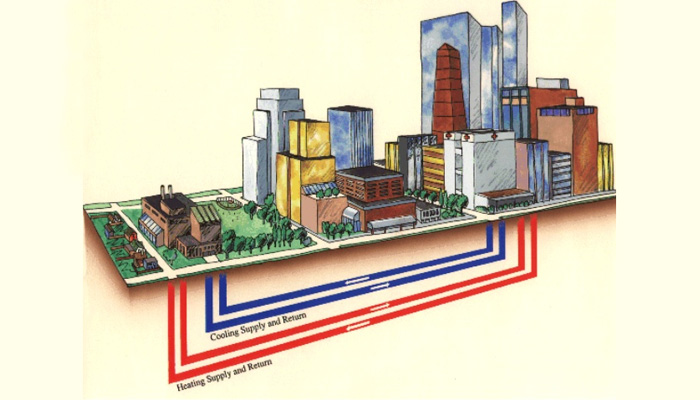Rethinking Lifestyle
If Not Natural Gas, What?

Last week in this column I bemoaned the fact that we have become utterly, dangerously dependent on natural gas to keep us from freezing in our Canadian winter. That’s bad enough, but the key actors in the management of Canada’s natural gas reserves seem intent on selling and exporting our gas as quickly as possible.
In lamenting our utter dependence on Alberta natural gas, I suggested last week that this dependence was and is avoidable. There have been and are alternatives. This week I want to expand on that thought.
It is, of course, within our nature that we follow the course of least resistance. There is no doubt that natural gas heat is extremely convenient, and with today’s pricing, also extremely economical. Given those two realities no one will apply ingenuity in looking for alternatives unless one applies values other convenience and economy. Today there is significant interest in solar heat, but the main driver of that interest is environmental concern or a concern about vulnerability, not convenience and economy.
The TransCanada Pipeline just south of Ste. Anne was built in 1957, and this is when natural gas became available in Steinbach. Up until then most space heating here was done with coal. Some homes were heated with locally cut wood, and in 1957 heating oil had recently become available. Because of its convenience and economy natural gas caught on quickly. But what if natural gas had not come along? How would Steinbach residents have kept warm?
No doubt coal would have continued to be important, but as Steinbach grew, atmospheric pollution would have become a bigger problem. How would we have dealt with that?
In the same way it has been dealt with in eastern Europe. In the same it was being dealt with in Winnipeg in 1957 – district heat. Fires smoke because they are inefficient. In an efficient fire, the basic emission is H2O and CO2. Smoke is carbon particles, the result of incomplete, inefficient combustion. It is hard, certainly not practical, to make a small, truly efficient solid fuel heating unit. However much can be done to make a large furnace efficient. District heat, where the fuel is burnt in an efficient, central location and then transferred to individual houses through steam or hot water pipes is well developed technology, but absent in Steinbach. Given the availability of, and comfort with natural gas, there has no need for this.
But what about wood heat? Or straw? Many small cities in Scandinavia keep warm with wood harvested in the surrounding forest. But wood heat becomes a problem if adopted by many households with small wood stoves in each dwelling. Many of us say we like the smell of a wood fire, but if there are too many this smoke becomes a problem. Such smoke became a problem in Red Lake a few winters back. This problem can also be dealt with by district heat. These systems work very well in Scandinavia and would work as well here. But it requires the right incentives.
Southeastern Manitoba lies on the edge of the boreal forest. We have hardly availed ourselves of that forest asset.
It’s long been known that as manure composts, it gives off methane. Normally this wafts off into the atmosphere, but it has also long been known that this gas can be captured and used as fuel. In the 1960s the University of Manitoba was experimenting with biogas digestion, and there have been other experiments since. It works! True, cold temperatures create challenges, but they can be overcome. The disincentive to the installation of biogas digesters is economics – the price of natural gas stifles innovation.
In the 1990s I was part of a consortium that was promoting the development of biogas digesters to heat hog barns. These barns were using propane gas to warm their barns. There was significant interest. But then TransCanada Pipeline offered a deal to municipalities that they would pipe gas to big gas users. La Broquerie and Hanover bought into that, and with that all interest in digester gas dissipated.
What about home orientation. How many of homes being built today have their biggest windows facing south, where they can collect solar heat? But if the cost of natural gas were higher, this would become a significant consideration.
Economy and convenience are powerful drivers, but if we truly wish to leave a decent world for the next generation we will need to rise above economy and convenience.




